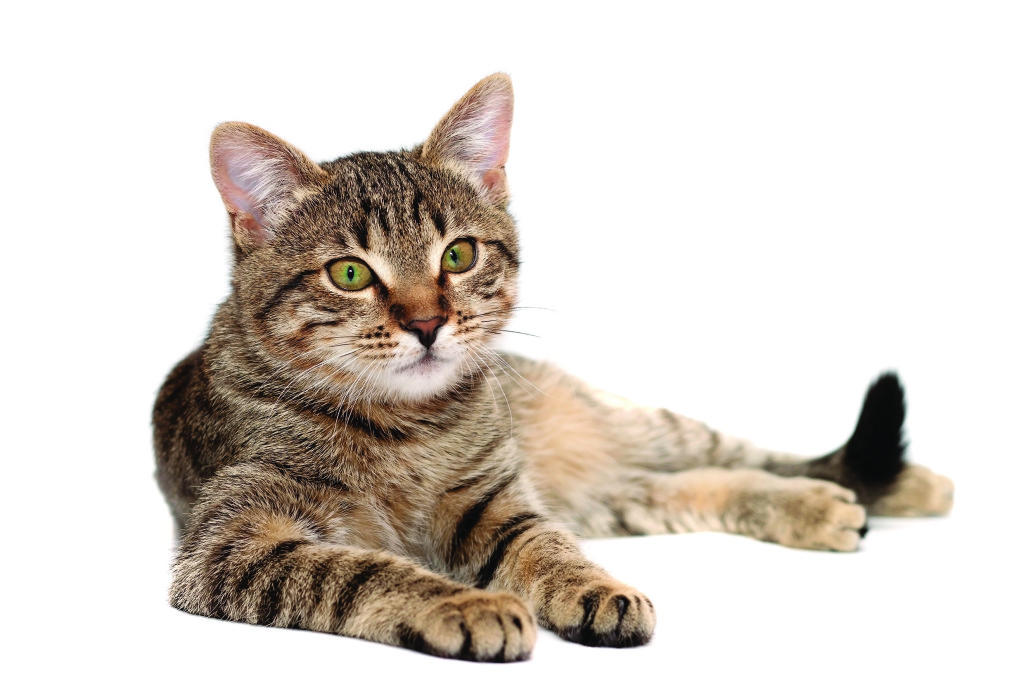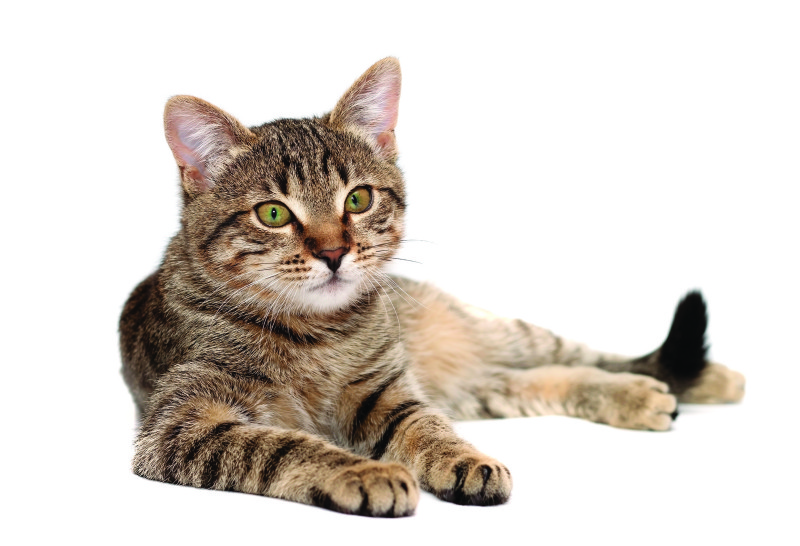
Cat wee around the home has to be one of the most maddening issues a pet owner faces, not least because it stinks, but also because it can present a seemingly intractable issue that crops up for no apparent reason. Obviously the stakes are higher if you own an indoor cat, but even outdoor cats can start urinating in the home. In such a short article it is impossible to cover all the bases, but here is a brief guide signposting potential reasons and solutions. Adopt the mind-set of a detective and systematically exclude each possibility and solution before moving on to the next. If in doubt, speak to your vet and a feline behaviourist.
Spraying or puddles
Identifying which your cat is doing can help point to the root cause. Some cats do both. Spray is generally found on vertical surfaces. Close monitoring of your cat’s behaviour may also reveal what is going on. Paw kneading and treading, vibrating an upright tail while backing up to vertical surfaces, usually occur just before spraying.
Neuter status
Cats have a highly developed sense of smell and use scent to signal to other cats. Intact cats are more likely to spray to mark territory and signal mating status. My advice, unless you are a breeder neuter your cat.
Illness
Get a vet check. A range of medical conditions, being in pain and feeling unwell, can all cause a cat to start urinating in new places. Exclude, UTI’s, cystitis, kidney stones, diabetes and age associated problems.
Stress
Any changes to the home, either inside or outside, may trigger urination or spraying as a nonspecific sign of social disruption or stress. Cats are highly territorial and even seemingly insignificant changes to their environment or routine can be triggers. New cats whether in the home or outside can be another. Mild anti-anxiety agents, like Feliway, may help calm your cat. If simple and obvious adjustments do not help, consider seeking expert advice on altering the indoor or outdoor environment to one that better suits your pet.
Litter Box
Any cat can develop or have an existing dislike of its litter box. The box may be in the wrong location, perhaps next to a noisy household appliance, or it is in a cold or damp area or they dislike the surface next to the litter box. Cats spook easily and it is instinctive to want to be safe while in the vulnerable position of urinating.
Many cats hate enclosed litter boxes (they are smelly and cats are fastidious) and prefer large litter trays. Others will not share litter trays with other cats or close to another cat’s toileting area. The type and depth of litter can also be a major issue and sometimes changing the substrate helps. Old litter trays may have deep scratches that hold elimination smells. Litter trays must be cleaned out daily and thoroughly washed weekly. Like us, cats do not want to use toilets that are dirty and smell. Remember, used litter holds odours. Experiment with tray locations or even buying a new tray. Try a range of different litters and always have one more tray than there are cats.
Cleaning
Thorough cleaning of wherever the cat has formerly sprayed or urinated is vital. It is also important to daily remove any residual elimination odours the cat may detect. Multiple washes followed up with an enzymatic cleaner are a must for each and every accident. Getting the house completely odour- free to start with is a necessary, albeit onerous undertaking. As discussed in an earlier article, outdoor cats also need a clean patch of raked soil in their garden or locale.
Praise
We should never punish the cat for inappropriate elimination but some experts do suggest praising the cat for eliminating in the right place. However, cats are private creatures and it is probably less stressful to simply give them space to do what is natural.
Leonie St Clair
www.londondogstraining.co.uk

